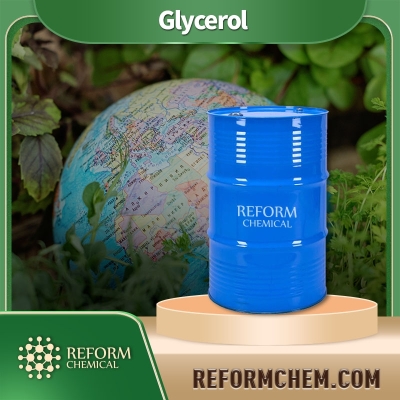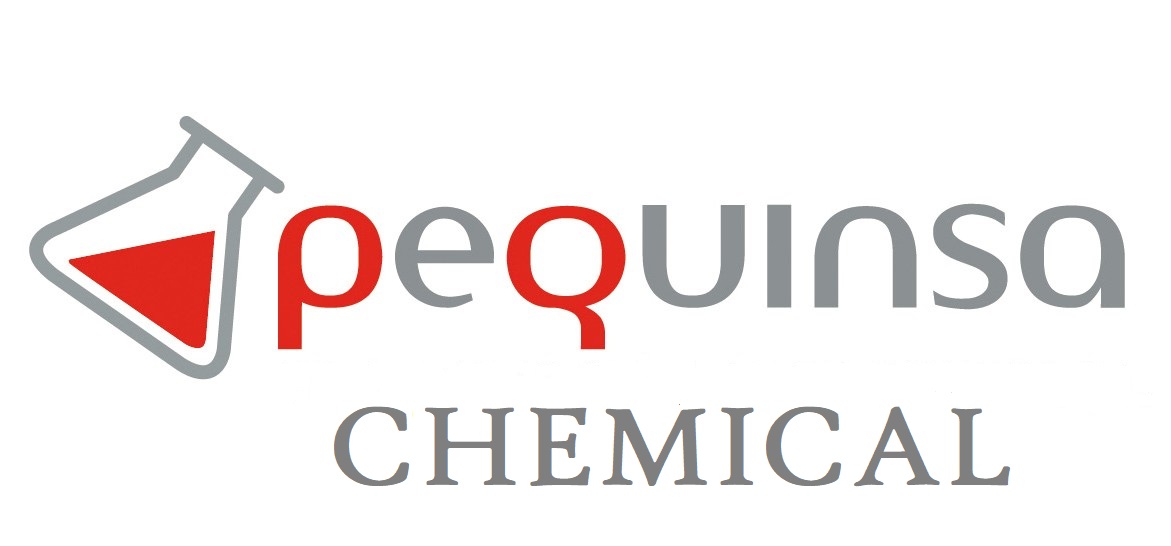-
Categories
-
Pharmaceutical Intermediates
-
Active Pharmaceutical Ingredients
-
Food Additives
- Industrial Coatings
- Agrochemicals
- Dyes and Pigments
- Surfactant
- Flavors and Fragrances
- Chemical Reagents
- Catalyst and Auxiliary
- Natural Products
- Inorganic Chemistry
-
Organic Chemistry
-
Biochemical Engineering
- Analytical Chemistry
-
Cosmetic Ingredient
- Water Treatment Chemical
-
Pharmaceutical Intermediates
Promotion
ECHEMI Mall
Wholesale
Weekly Price
Exhibition
News
-
Trade Service
Nonalcoholic fatty liver disease (NAFLD) is characterized by the accumulation of lipid droplets in liver cells and affects approximately 20-30% of the general populati.
Nonalcoholic fatty liver disease (NAFLD) is characterized by the accumulation of lipid droplets in liver cells and affects approximately 20-30% of the general populati.
Findings: Data from more than 210,000 participants showed that increasing dietary vitamin E was associated with reduced morbidity for several gastrointestinal diseases and lower overall mortali.
diagnosis
This study demonstrates that vitamin E supplementation for the treatment of nonalcoholic fatty liver disease has shown beneficial outcomes in non-diabetic patien.
This study demonstrates that vitamin E supplementation for the treatment of nonalcoholic fatty liver disease has shown beneficial outcomes in non-diabetic patien.
Original source:
Scorletti, Eleono.
Scorletti, Eleono.
Et .
Dietary Vitamin E Intake Is Associated With a Reduced Risk of Developing Digestive Diseases and Nonalcoholic Fatty Liver Disea.
The American Journal of Gastroenterolo.
202 Dietary Vitamin E Intake Is Associated With a Reduced Risk of Developing Digestive Diseases and Nonalcoholic Fatty Liver Disea.
Leave a comment here







